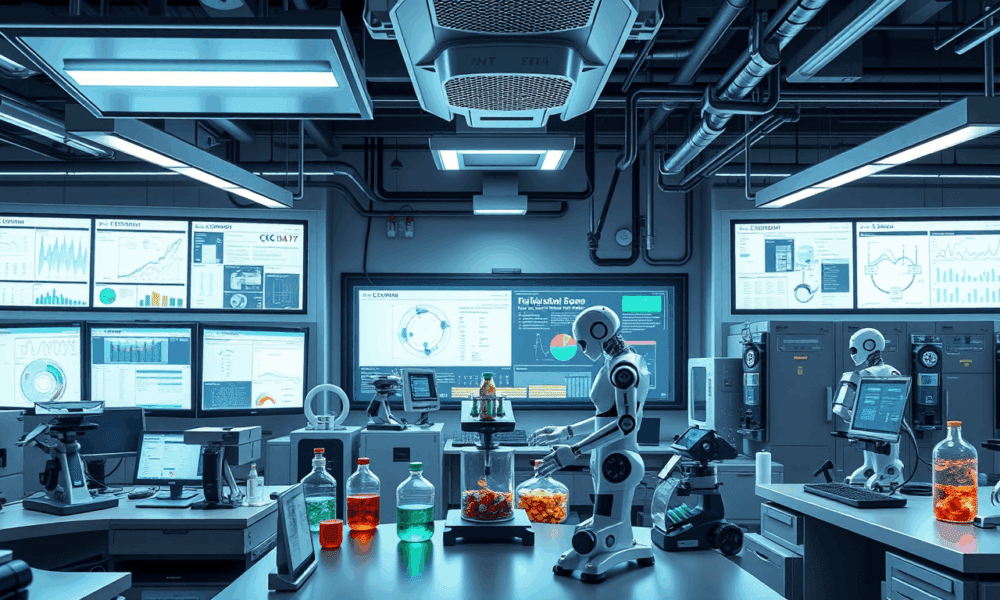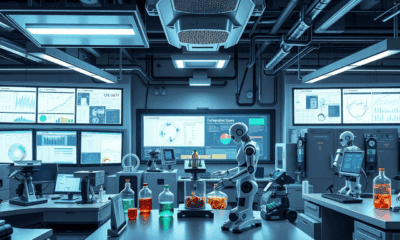


Location data is considered particularly sensitive -- its misuse can have serious consequences. Researchers have now developed a method that allows individuals to cryptographically prove their...



Molecules like DNA are capable of storing large amounts of data without requiring an energy source, but accessing this molecular data is expensive and time consuming....



Researchers have developed a digital laboratory (dLab) system that fully automates the material synthesis and structural, physical property evaluation of thin-film samples. With dLab, the team...



A new game-based experiment sheds light on the tradeoffs people are willing to make about data privacy.



Biologists and chemists have a new programming language to uncover previously unknown environmental pollutants at breakneck speed -- without requiring them to code.



Researchers have developed a new technique called 'Skia' to help computer processors better predict future instructions and improve computing performance.



Researchers developed FaceAge, an AI tool that calculate's a patient biological age from a photo of their face. In a new study, the researchers tied FaceAge...



The growing use of smart home devices is undermining the privacy and safety of domestic workers. New research reveals how surveillance technologies reinforce a sense of...



While service robots with male characteristics can be more persuasive when interacting with some women who have a low sense of decision-making power, 'cute' design features...



As artificial intelligence (AI) continues to advance, researchers have identified a breakthrough that could make AI technologies faster and more efficient.